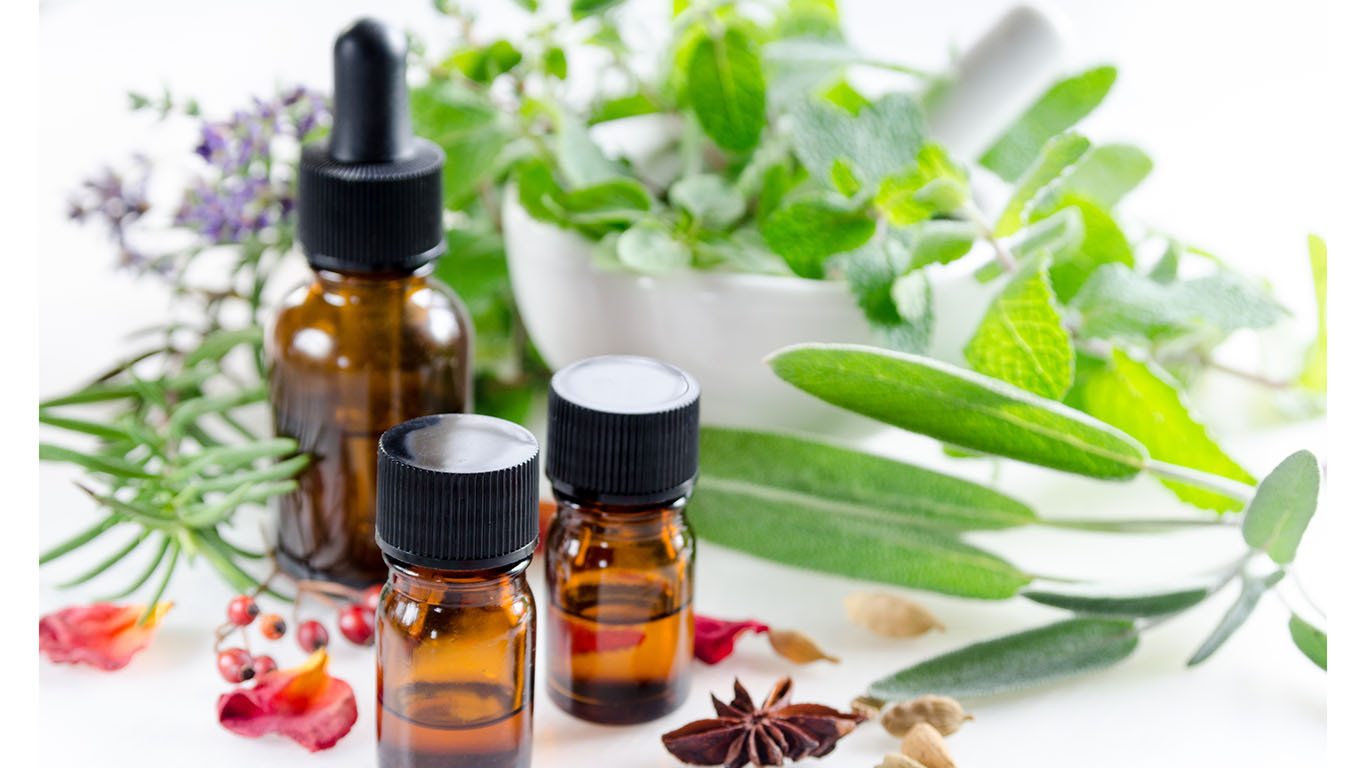Spas are synonymous with health and wellbeing, albeit with added pampering. They do not claim to cure disease or fix broken limbs but offer treatments and facilities that support our health and wellbeing. As such, treatments may be inspired by alternative health traditions from around the world.
These could include:
In some of the more wellness-based spas (as opposed to beauty based), treatments may take elements of the healing tradition philosophy and blend them with Western techniques and products -- such as Ila’s chakra treatments inspired by Ayurveda, and Elemental Herbology’s use of TCM-inspired Five Elements. Many massages may incorporate acupressure (TCM), reflexology-inspired foot massages, aromatherapy and Ayurvedic Indian head massage.
Some spas offer an ‘holistic’ treatment menu with complementary therapies performed by a qualified and trained practitioner (you can obtain diplomas and degrees in complementary medicine at Middlesex University, for example). There is not much evidence for the effectiveness of complimentary treatments, however, but if you are interested, check out the Cochrane site to see what little evidence there is.
A few spas, such as Lighthouse Spa in Essex, offer a wellbeing menu overseen by a naturopath who may offer you an initial consultation and tailor your stay according to your needs. Naturopaths are often opposed to mainstream medicine, employ a range of complementary methods and take a holistic approach, which encourages ‘self-healing’ rather than a targeted cure.
The use of rituals and techniques from alternative medicine can be deeply calming and help you escape the everyday, whether you believe in them or not. If you treat alternative therapies as complementing rather than replacing scientific medicine, they may well enhance your psychological and physical wellbeing, as well as help with everyday issues such as pain, stress and insomnia. As with all therapies, make sure you are being treated by a registered and trained practitioner.
Here are some common alternative treatments used in spas, either as part of ordinary relaxation or more focused healing.
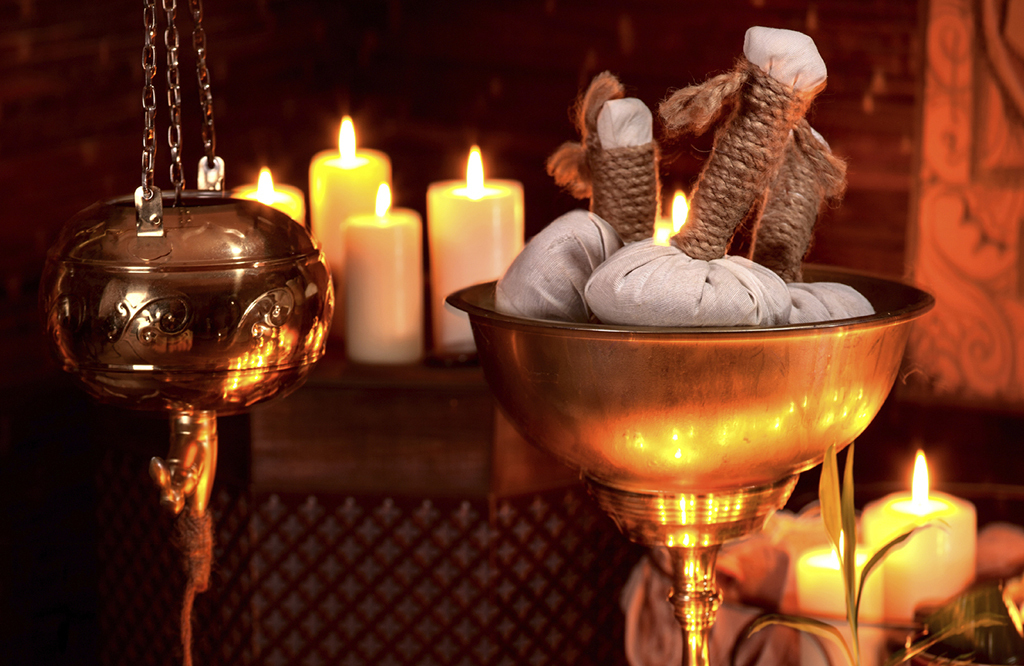
This holistic health tradition has been practised in India for more than 5,000 years. Treatments popular in UK spas include Indian head massage, two-person massage or chakra-balancing rituals. A consultation will determine your body type (dosha) and suggest treatments, diet and yoga to achieve balance, energy flow and wellbeing.
Good for: Digestive health and balance
Try Ayurveda at The Spa at Gleneagles, Scotland
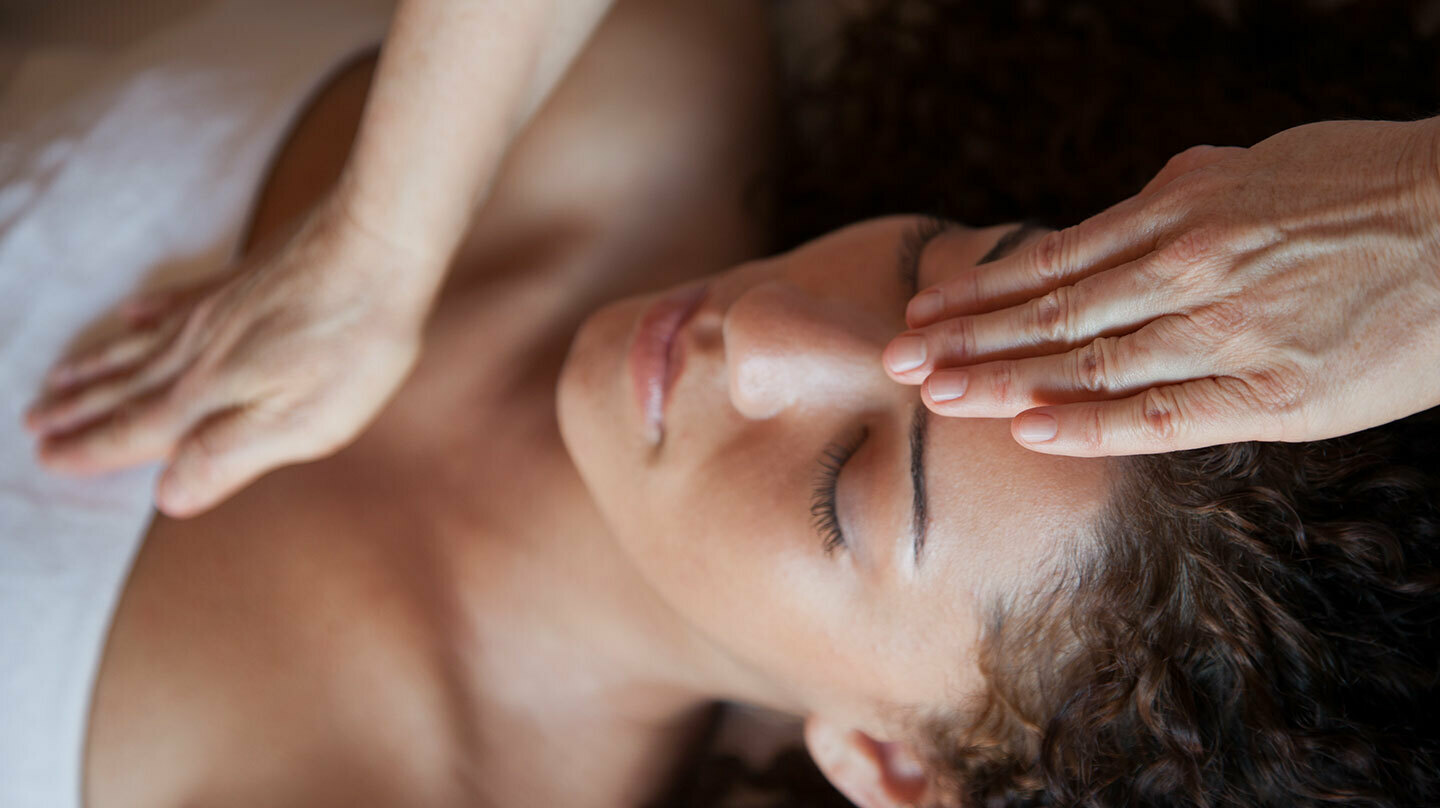
Reiki is a Japanese spiritual therapy created in 1922, otherwise known as energy healing. Practitioners believe that Qi is the life energy flowing through your body, chakras are the energy centres. A Reiki practitioner will lay their hands over your (normally clothed) body to encourage flow.
Good for: Stress and relaxation
Try Reiki at Pennyhill Park an Exclusive Hotel and Spa or Hypno-Reiki at Ragdale Hall

TCM is an ancient belief-based healing tradition which is based on your Qi, which proponents believe flows through the body along channels known as meridians. When these are blocked or unbalanced illness ensues. Acupuncture, herbal medicines, cupping, Qi Gong and Tai Chi are typical mind and body practices used in TCM. Acupressure is often used in massage where fingertips rather than needles are used to unblock Qi.
Good for: Balance, unblocking, resilience
Try TCM-inspired treatments at Chuan Body + Soul at The Langham, London
Traditional Thai Medicine (TTI)
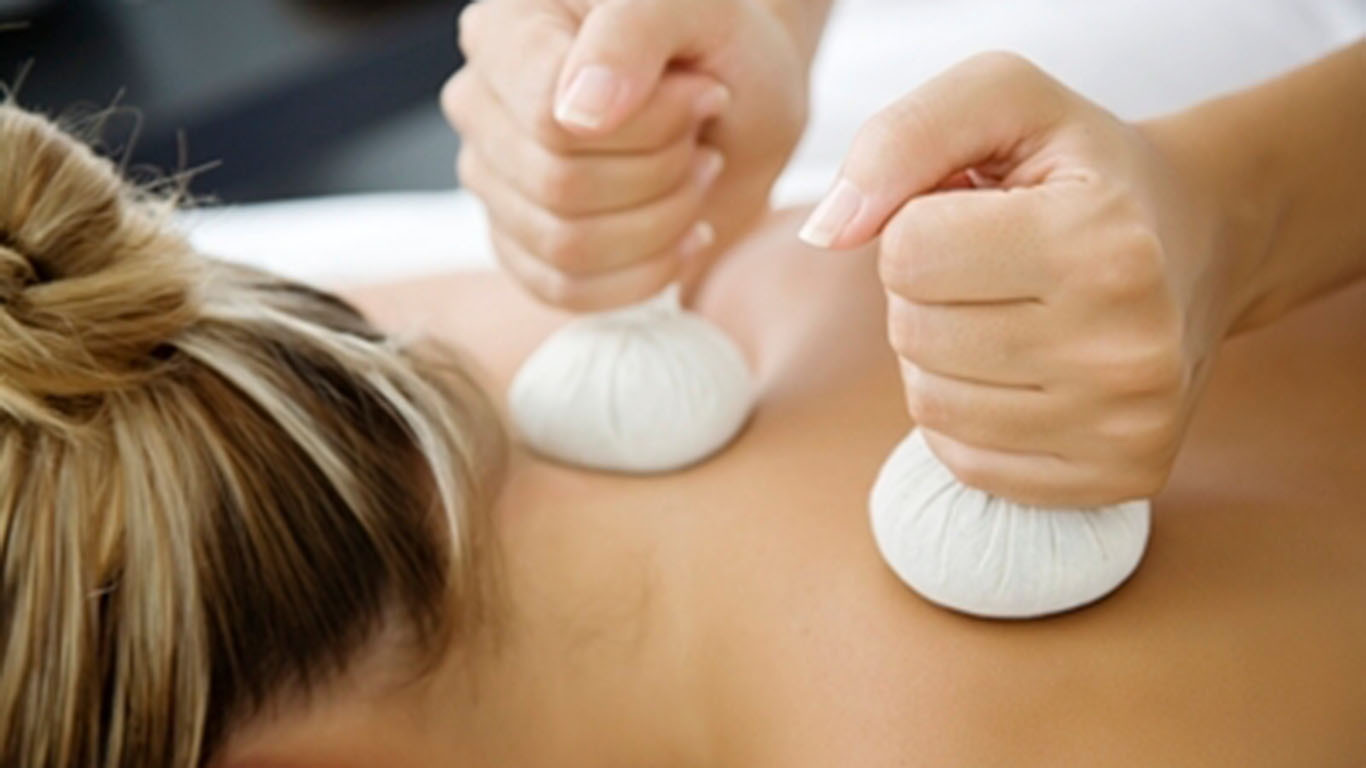
Thai spa treatments draw upon an ancient healing system that works with your body’s sen or energy meridian lines. Based on the four elements of the body -- earth, water, wind and fire -- herbal essential oils and poultices, acupressure, foot massage, stretching are used to encourage the correct flow of energy.
Good for: Pain, anxiety, colds and hangovers
Try traditional Thai treatments at Thai Square Spa

Thalassotherapy (Greek for sea therapy) is the use of seawater or sea products such as plants, algae and muds for its health and skincare benefits. Thalassotherapy covers quite a wide umbrella of treatments, including algotherapy (usually wraps or baths that feature algae, marine mud and seaweed), hydrotherapy (mineral rich pools, sometimes of varying temperatures) and hydro massage.
Good for: Circulation, inflammation, water retention, toning muscles
Try Thalassotherapy at the Marine and Wellness Spa at Champneys Tring
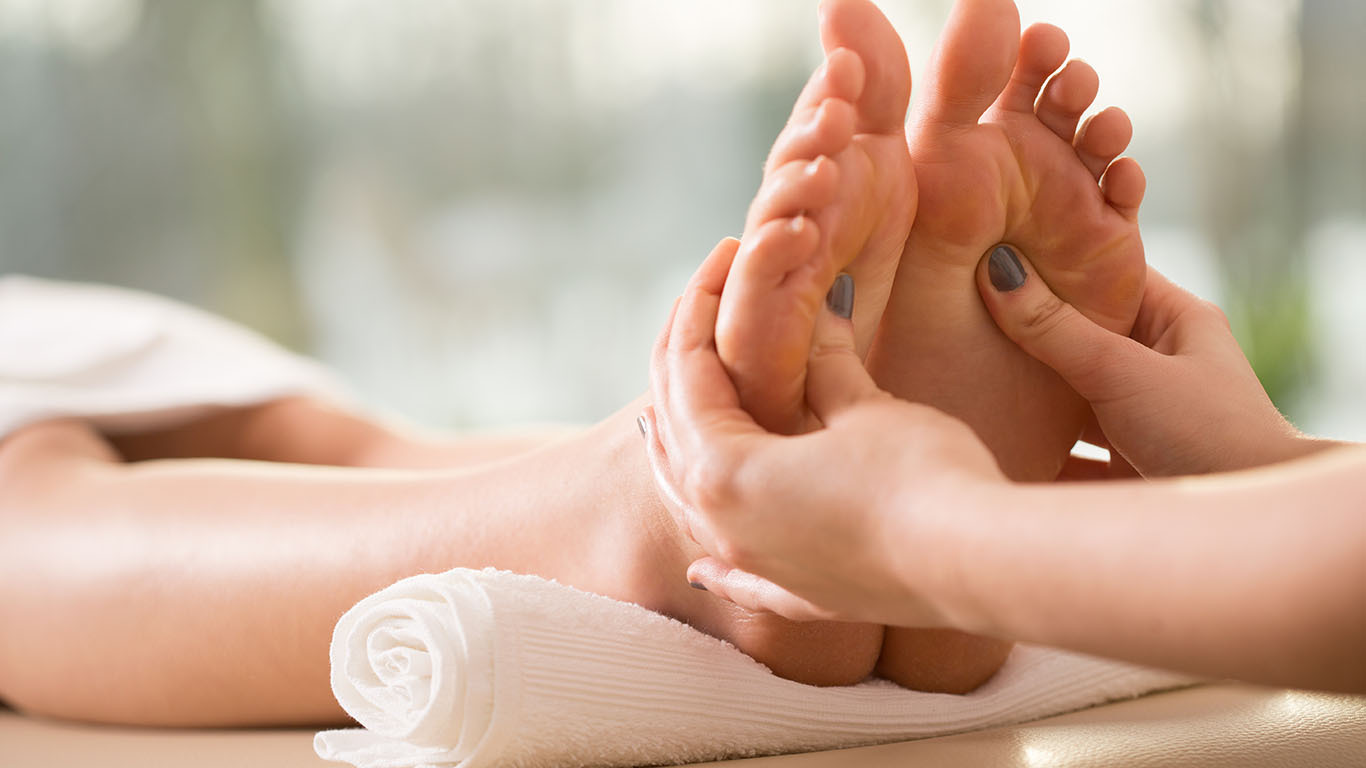
Reflexology is not a mere foot massage, although it is often very soothing and restful. It is an alternative health treatment based on the belief that certain zones in the feet correspond with organs and systems in the body. As with TCM, blockages of qi (energy) cause pain or illness, and thus can be unblocked with pressure, or gentle manipulation.
Good for: sleep, circulation, digestion, stress
Try reflexology at Ragdale Hall Spa
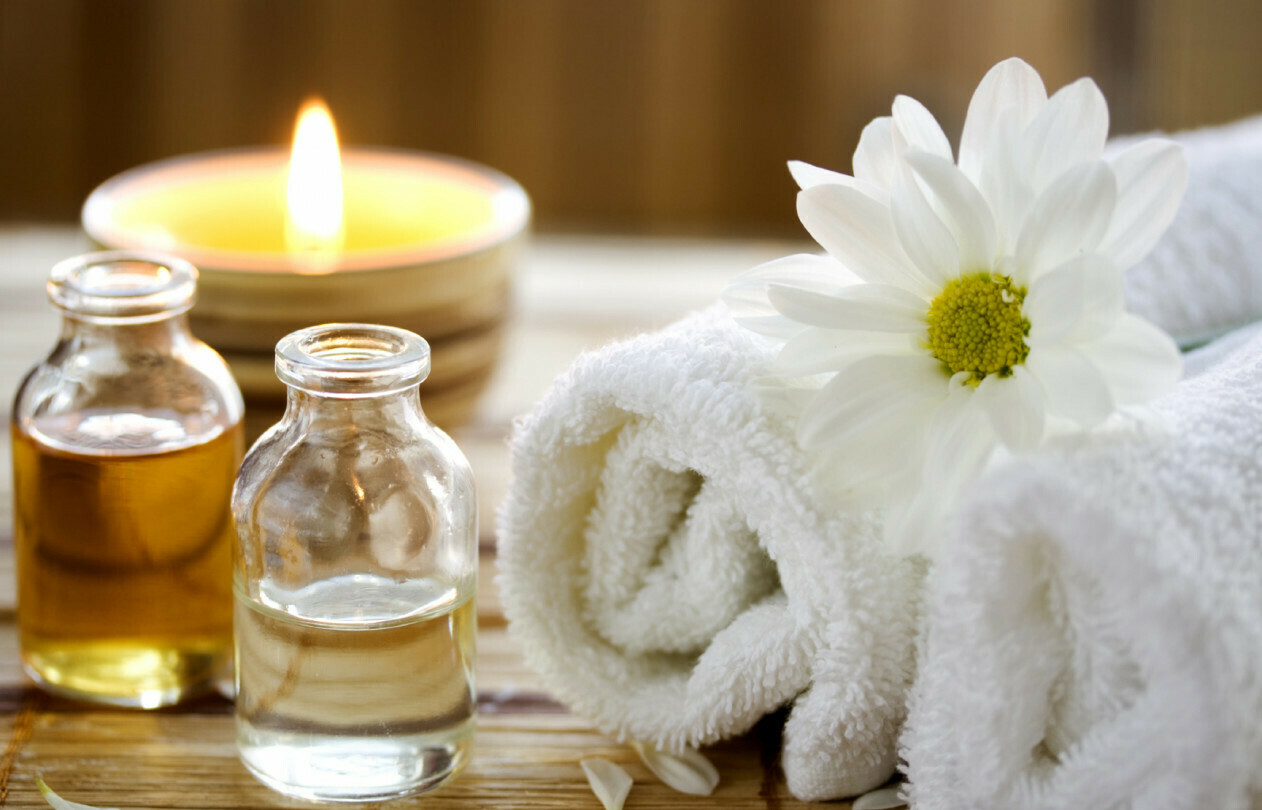
Holistic medicine works through touch, taste and smell to enhance our sense of wellbeing and relaxation. Herbs and plants have long been used in alternative medicines such as Ayurveda as well as traditional Chinese and Thai treatments. You may have had a warm herbal poultice as part of your massage, a soothing aromatherapy massage that mixes herbs or plant essences in the massage oil, a herb-infused sauna or steam room, and a cup of herbal tea in the relaxation room.
Good for: Stress, sleep, aching muscles
Try an aromatherapy, herbal and/or botanic treatment at The Garden Secret Spa
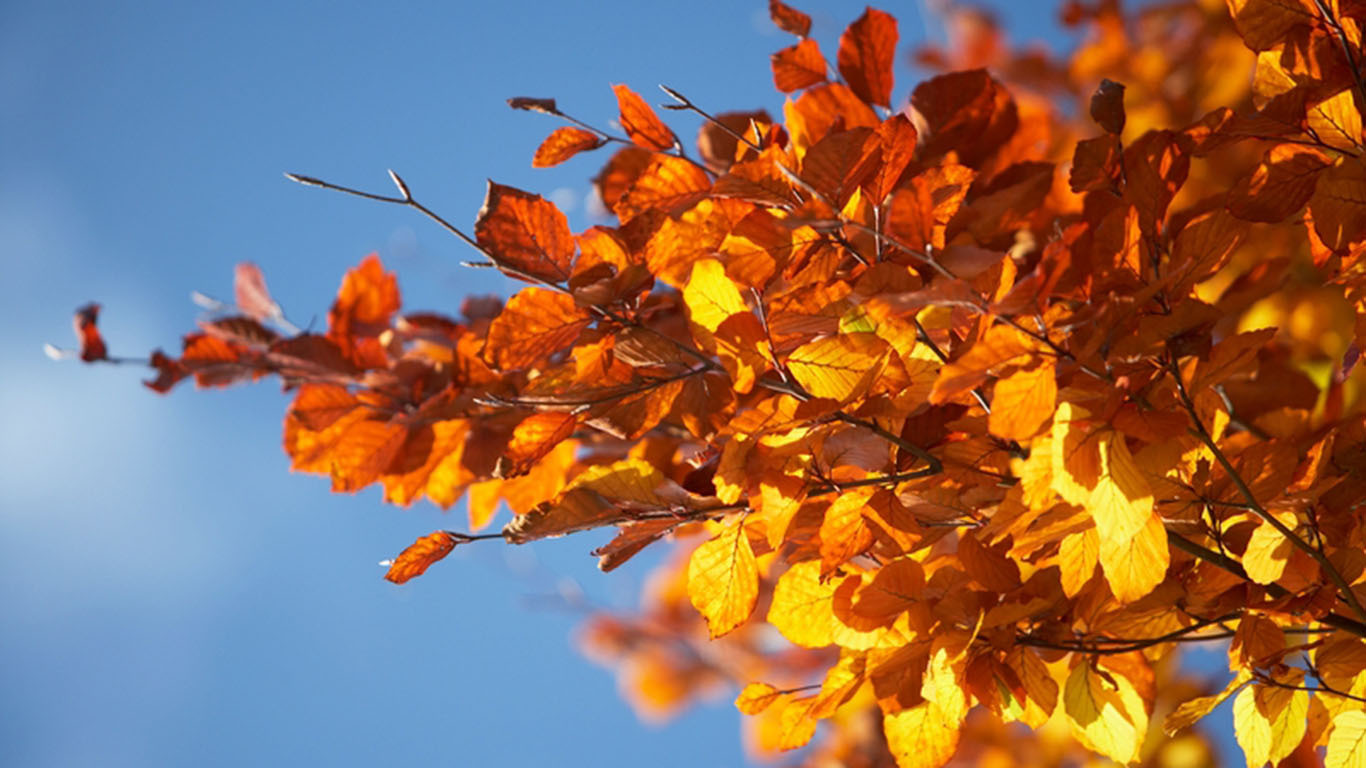
Chronotherapy has been around for thousands of years and is now used in spas as part of chakra healing, chronotherapy baths, LED facials and ultraviolet light. Light moves in waves and each colour has different wavelengths, which colour therapists link to the body’s energy vibrations. There are many studies that explore how certain colours affect our moods: green and blue for example are said to inspire calm and positive psychological states.
Good for: Sleep, anxiety and depression
Try colour and sound therapy by booking the AlphaSphere Deluxe treatment at Senspa at Carey’s Manor

Savant Spy
21st June 2019
Spy Likes:
Clever, inspiring design, sublime views, a vast, clean and empty pool, solitary relaxation areas to read, write or commune with my muse.
Spy Dislikes:
Small talk, discussions about spirituality or astrology, any products containing tea tree oil or aloe (sadly am allergic), busy pools where you can’t do laps.
